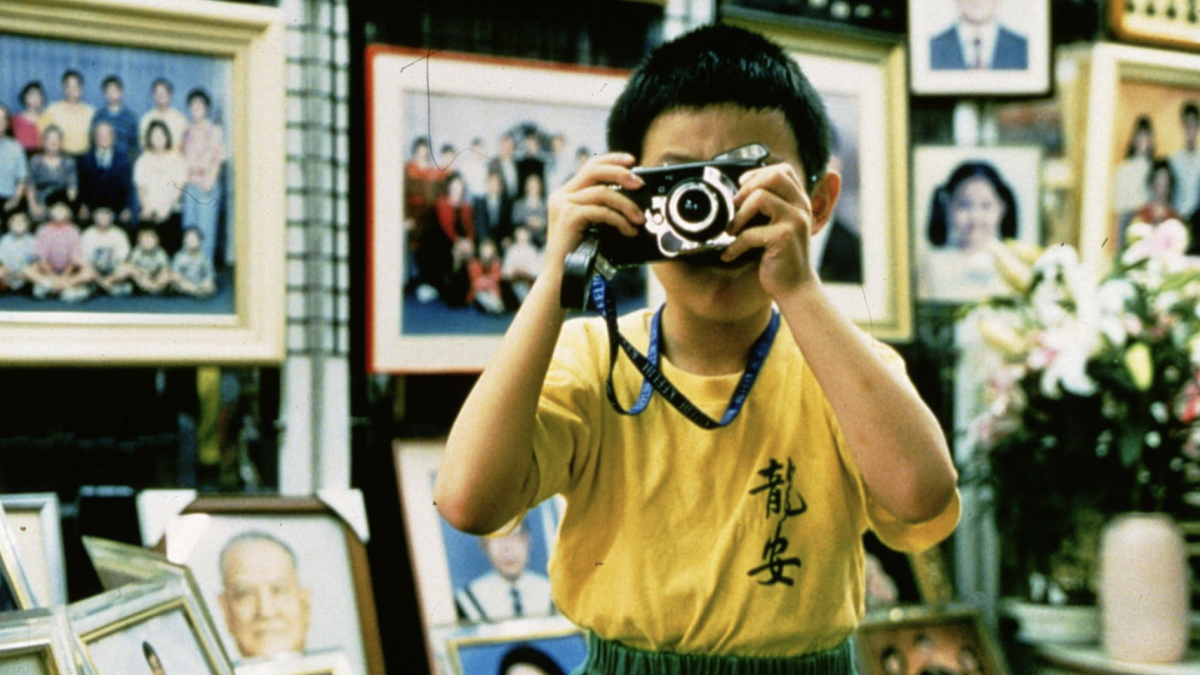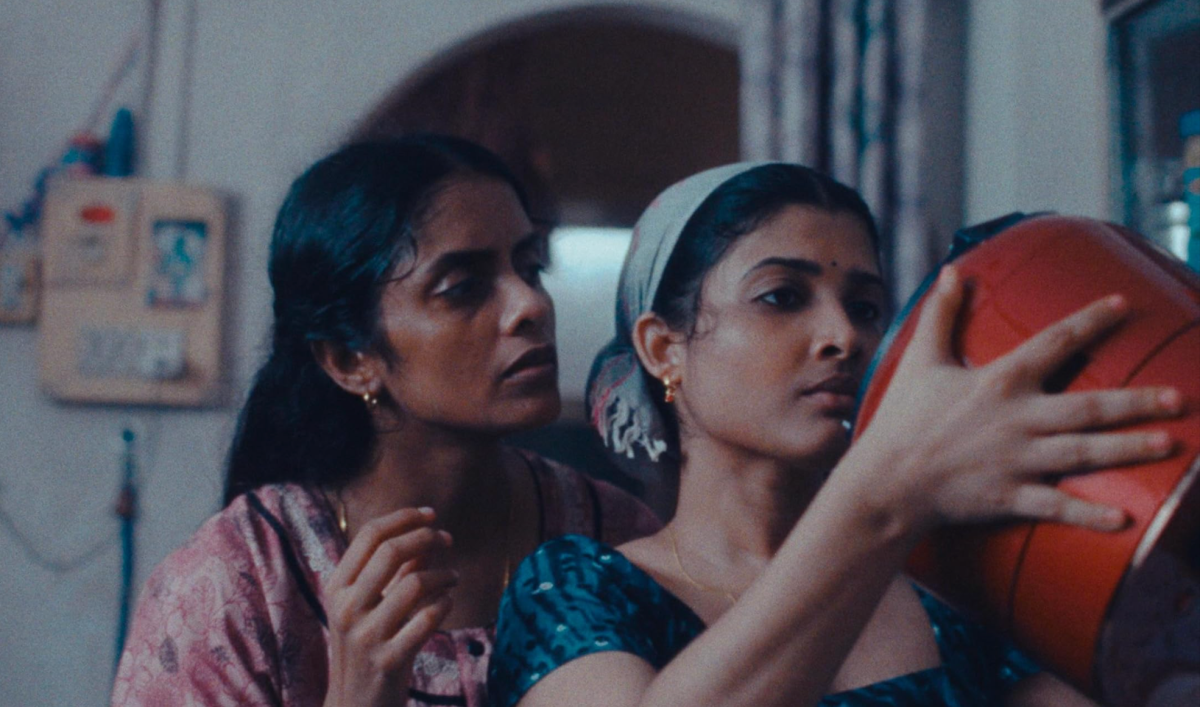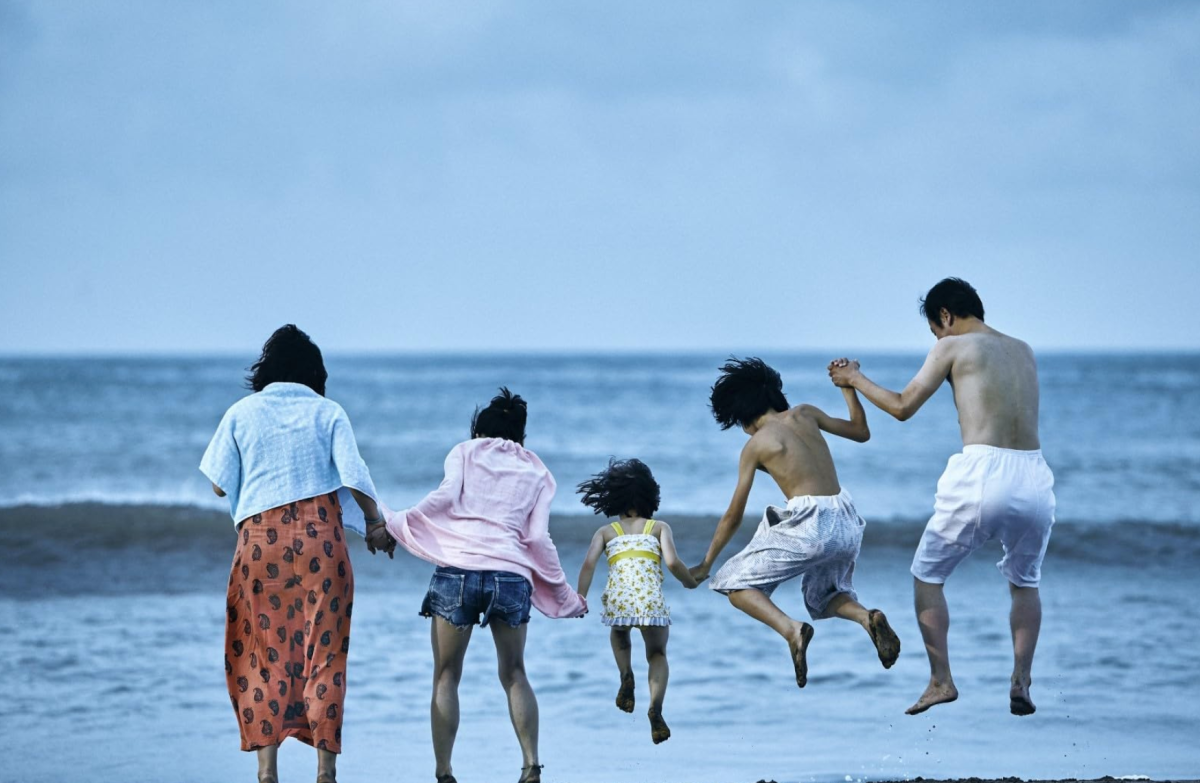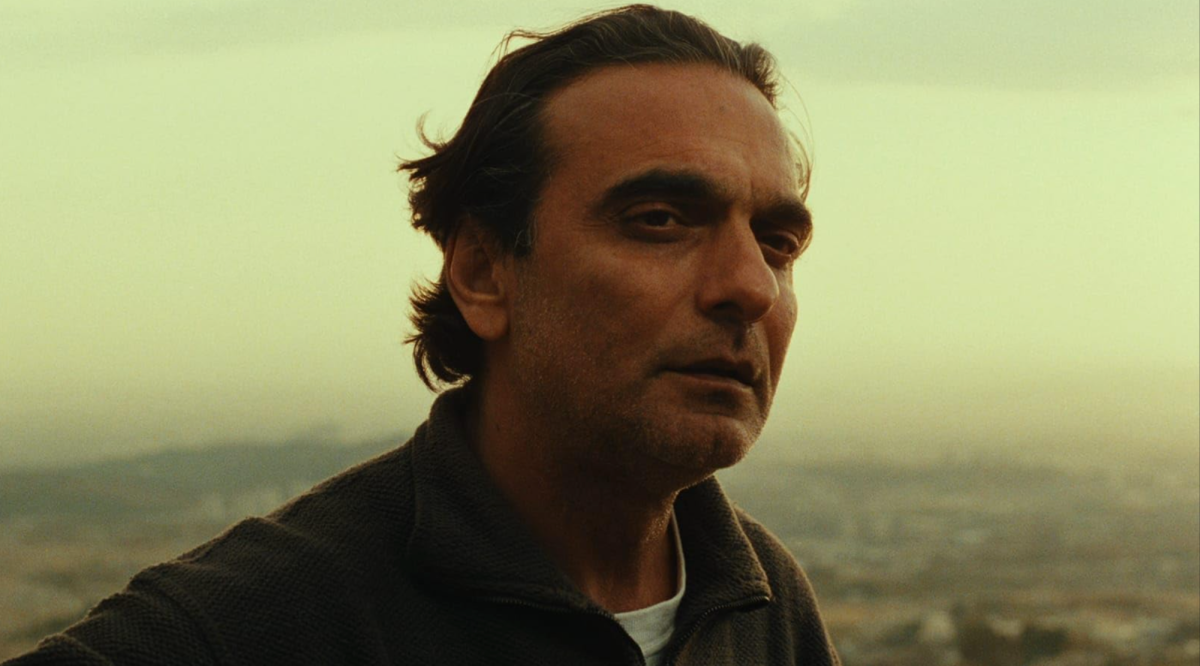There are a few films that manage to capture the totality of life as “Yi Yi” does. Directed and written by the late Edward Yang, the Taiwanese film “Yi Yi,” translated as “A One and A Two,” details a massive story with a masterfully simple lens, capturing a familiar normality through a uniquely dreamy viewpoint.
It is difficult to summarize what exactly “Yi Yi” is about — this is part of what makes the film so special. At its core, the film focuses on a moment in time within the lives of the Jian family: father NJ (Wu Nianzhen), mother Min-Min (Elaine Jin), daughter Ting-Ting (Kelly Lee) and son Yang-Yang (Jonathan Chang). Each family member has their own storylines fraught with both loss and joy that, while diverging at points, interweave with the others throughout the narrative.
One of the most beautiful parts of “Yi Yi” is the sense of interconnectedness between the members of the Jian family. A prominent moment of this connection happens during NJ’s business trip to Tokyo. While at his brother-in-law’s wedding, NJ has a chance encounter with his first love Sherry (Su-Yun Ko). Now married, they reconnect in Tokyo, reliving their shared past and recounting their lives since their split 30 years ago. Interspersed with NJ and Sherry’s travels is a date Ting-Ting has with Fatty (Chang Yu Pang), a near exact reflection of her father’s reminiscing. Even with the years that separate father from daughter, there are echoes of his past in her present.
Another strong aspect of the film’s storylines is their ability to capture distinct pieces of everyday life. NJ deals with an unsatisfactory job that compromises his morals, all the while facing regret when he reconnects with his first love. Min-Min works through grief when her mother falls into a coma, facing questions of whether she has truly lived her life to the fullest. As Ting-Ting begins to discover who she is, she simultaneously grapples with the world’s cruelty. Finally, Yang-Yang questions his life as he gains a sense of the world at only eight years old for the first time. The challenges these characters face are so grounded and so benign in scale that “Yi Yi” acts as a natural reflection of the everyman’s life.
These moments, like the rest of the film, are captured in patient shots that emulate the feeling of viewing a painting. Scenes are captured in wide frames that take time to relish in the beauty of Taiwan quietly. As the film holds on an image, you feel your eyes move throughout the whole frame, taking in all the small details that bring the scene to life. The most impressive shots are those of the settings’ reflections in mirrors and windows that invoke a sense of everlasting melancholy. These shots capture beauty in what are everyday surroundings, untouched and uncontrollable, emphasizing how much beauty is already present all around us.
Additionally, “Yi Yi” successfully develops an entire cast of distinct personalities, brought alive by nuanced and natural performances. One highlight is Ting-Ting, who hides her optimistic core with a shy exterior. She adapts to life’s challenges, yet when her grandmother falls into a coma, she experiences the burden of guilt, believing the coma was her fault. Lee’s performance as Ting-Ting is simply beautiful, as she conveys each emotion — heartbreak, sadness and contemplation — while maintaining a quiet demeanor.
The true heart of “Yi Yi,” though, is Yang-Yang, NJ’s 8-year-old son. Curious and with a bubbling determination that seems too big for his 8-year-old body, he bears much of the same introspectiveness as his father, albeit in a stranger manner. In one part of the narrative, to understand the perspective of his crush, he attempts to teach himself to swim, practicing holding his breath by submerging his head in a sink full of water at home and eventually diving headfirst into the pool with no fear. While peculiar, Yang-Yang holds a sort of deep wisdom in the way he interacts with the world, which Chang perfectly portrays through his oddly immovable poker face, seen examining everything with a uniquely atypical mind.
“Yi Yi” is a gorgeous reflection of life, full of quiet questions and musings. It finds life risky, a sentiment highlighted in one of Yang-Yang’s moments of wisdom. He questions why humans only live on half the truth — how we operate without even knowing what the back of our head looks like. The answer “Yi Yi” provides is that living means waking up each day and facing the uncertainty of life with bravery — we walk with one another into our lives while we grow older and, perhaps, wiser.





















